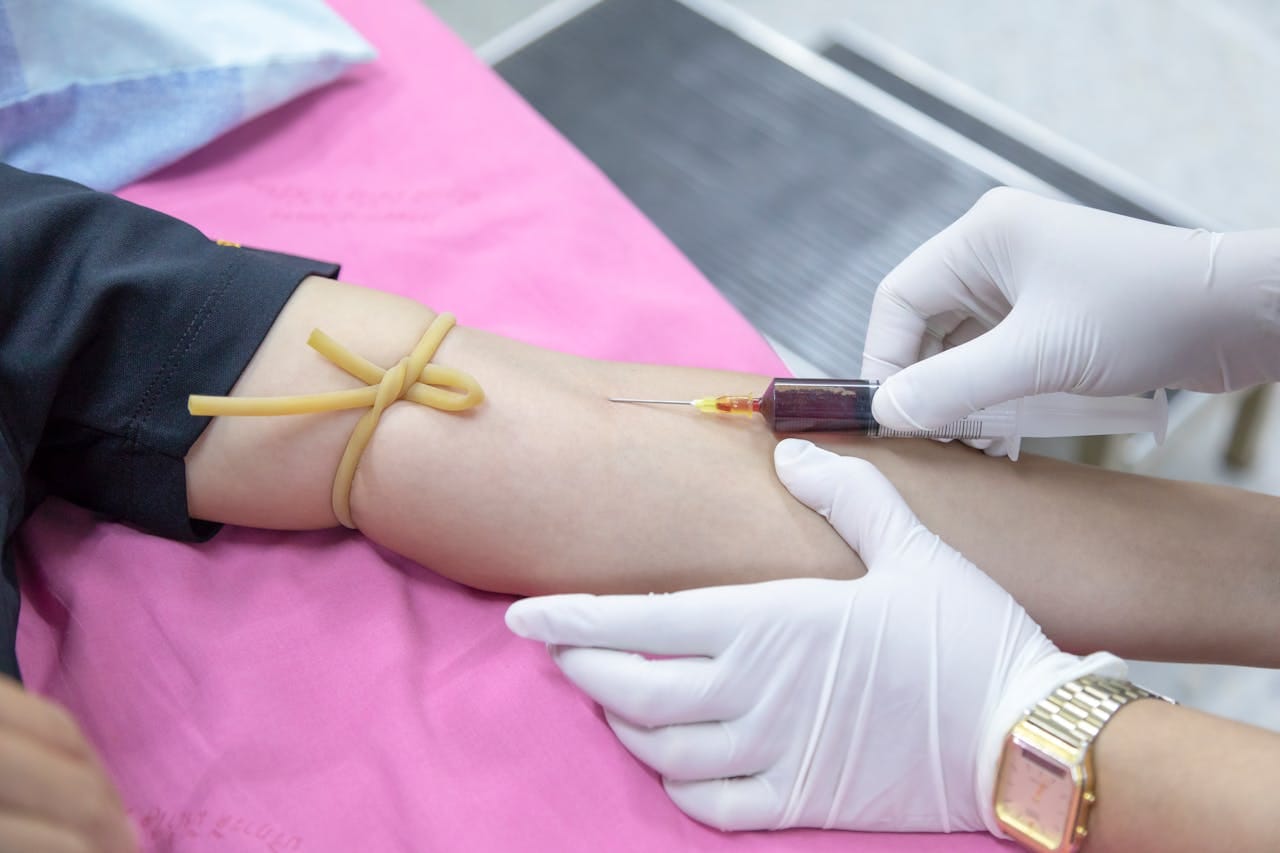Defensive Medicine: When Complicated Cases Are Left to Suffer or Die
How negative defensive medicine endangers patient safety and leaves complex cases untreated. Explore its hidden impact on healthcare and what can be done to ensure better outcomes.
Table of Content
Healthcare should be about your safety, trust, and the quality of care you receive. But what if I told you that a practice known as defensive medicine could endanger your well-being?
As a doctor who has dedicated my life to patient safety, I want to talk to you directly about how defensive medicine—especially its negative form—can harm you, leaving complicated cases, possibly yours or a loved one’s, to face a grim reality.
Many Cases in Medical Tourism are The Result of Defensive Medicine!
Recently, I came across a case from Iraq, a complicated one that had been overlooked by many Iraqi doctors. It was a glaring example of negative defensive medicine in action.
While providing a consultation to guide the patient toward finding the best care, I encountered a pattern: several doctors had already declined to take the case, while others openly admitted, "It's complicated. We can do it, but we can't afford the risk."
This situation speaks volumes about the growing impact of defensive medicine and how it leaves patients in need without the help they deserve.
And boy, that was not the only one i encounter over the years.
What Is Defensive Medicine?
Defensive medicine occurs when healthcare providers make decisions aimed at avoiding lawsuits rather than prioritizing your best interests. It comes in two forms:
- Positive Defensive Medicine: Performing unnecessary tests or procedures to cover all bases legally.
- Negative Defensive Medicine: Avoiding complicated cases altogether due to fear of legal repercussions or re-putational damage.
You can explore a detailed breakdown of this practice here.
While both forms have consequences, the negative form is especially harmful because it often leaves the most vulnerable patients to fend for themselves.
Complicated cases—the ones requiring thoughtful expertise and risk—are abandoned, directly compromising healthcare quality and patient safety.
How Does This Impact You as a Patient?
Imagine visiting a doctor for a complex condition. Instead of receiving the care you need, you’re told your case is "too complicated" or "beyond our expertise." It’s not that the system lacks the means to help you; it’s that providers are often too afraid to take on the risk.
This fear stems from:
- Weak medical liability laws, like those discussed in this article.
- The growing culture of litigation and blame.
- A lack of institutional support for doctors handling high-risk cases.
For you, the patient, this means delayed diagnoses, lack of access to specialists, or being passed from one provider to another until someone reluctantly takes your case—if anyone does at all.
The Hidden Costs of Avoidance
Defensive medicine doesn’t just harm your health; it drains resources, leaving fewer for others who need care. Avoiding complicated cases means:
- Increased Emergency Room Visits: Many patients eventually end up in ERs because their condition worsens. ERs are ill-equipped for long-term, complex care.
- Higher Healthcare Costs: Patients are shuffled around, requiring multiple consultations and unnecessary tests to find someone willing to help.
- Emotional and Mental Toll: The frustration and helplessness you feel when you can’t get adequate care are immeasurable.
Learn more about these hidden costs here.

Why Patient Safety Matters
Your safety should never be a secondary concern. Defensive medicine puts that safety at risk. Quality healthcare depends on providers who are willing to take calculated risks, supported by robust systems and transparent legal frameworks. But when fear overrides compassion, trust in the system erodes—for both you and the professionals who want to help you.
This issue is particularly severe in countries like Egypt, where defensive medicine is becoming a growing danger, as highlighted in this article.
What Can Be Done?
As a patient, you have the right to demand better:
- Advocate for Accountability: Push for medical liability reforms that protect both you and your doctors.
- Choose Transparent Providers: Seek healthcare professionals who prioritize patient safety and open communication.
- Raise Awareness: Share information about defensive medicine to ensure others understand the risks it poses.
Final Thoughts
The healthcare system should work for you, not against you. Defensive medicine—especially its negative form—undermines the essence of care, leaving complicated cases to face their issues alone. As someone who cares deeply about your safety, I urge you to stay informed and proactive in advocating for a system that prioritizes quality and trust.
For further reading on the broader implications of defensive medicine, check out these resources:
- Medical Errors and Defensive Medicine: A Global Concern
- Understanding Medical Negligence and Defensive Medicine
- The Complexities of Defensive Medical Practices
Your health and safety matter. Let’s work together to ensure a future where no patient is left behind.











